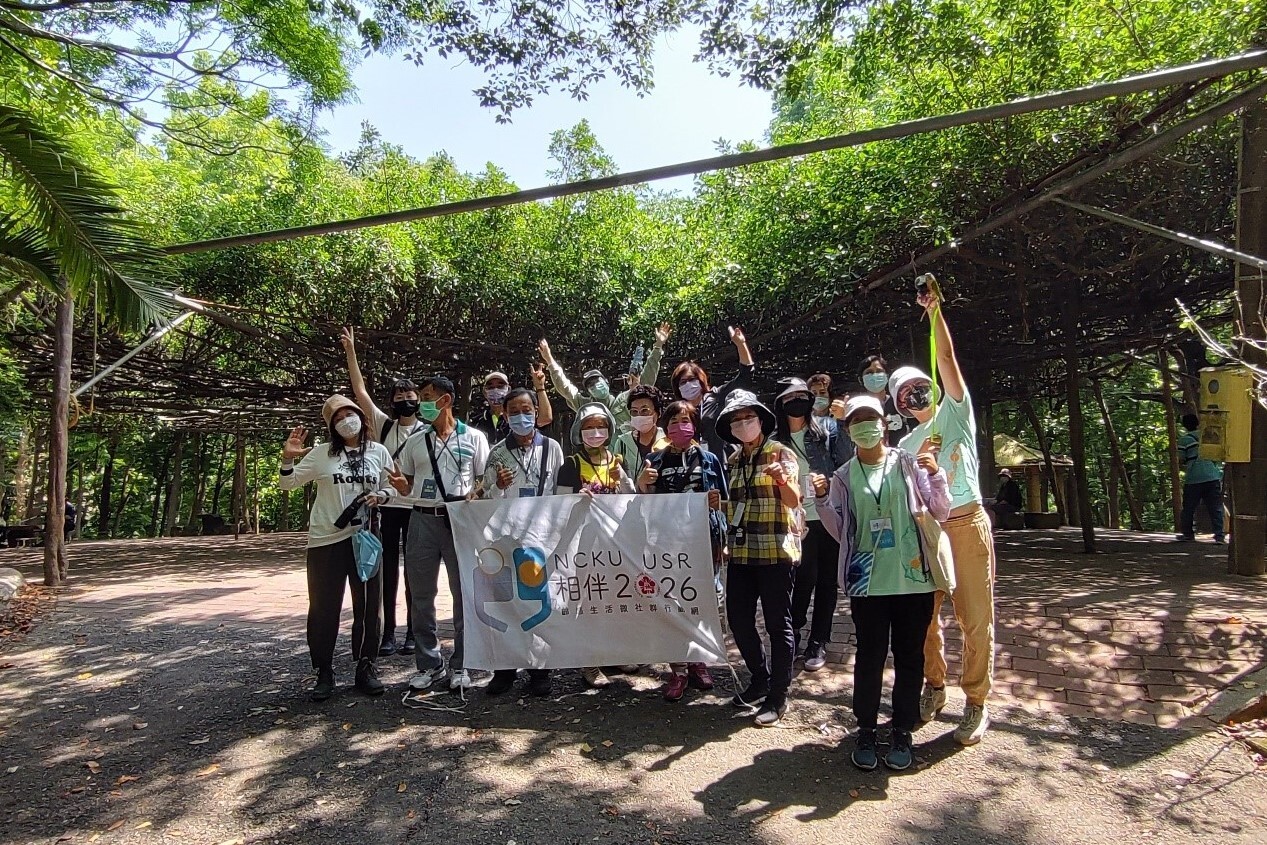NCKU Theatre Practices course connects to cultural pathways, journeying to Kaohsiung for an environmental theater experience.
Participating students Min-Ling Chen, Guang-Xin Chang, and Yun-Ting Huang expressed that through theoretical and practical teaching, as well as interaction with local elders, they deeply felt the sense of accomplishment in applying classroom performances to real-world situations. "During the process of assisting the elders with costume dressing, the elders held our hands and sincerely thanked us for performing for them, accompanying them. Seeing the elders put on costumes and reminisce about local historical stories, it felt as if they were reliving their youth, which was truly touching. We are very happy to have this opportunity to engage in community service!"
The Institute of Art Studies and MA Program in Drama and Drama Credit Program at NCKU conduct the Ministry of Higher Education Sprout Project and the Ministry of Education's third-phase University Social Responsibility Practice Project (USR). They are part of the university's characteristic deep cultivation project, "Collaborative Badlands 2.0 : H.E.A.R.T. Connecting Shared Learning, Collaboration, and Empathy in Suburban Hill Living." Linking the "Theatre Practices" course to the contemporary Taiwan key project "Cultural Pathways," they went to the Mukeng Community in Neimen District, Kaohsiung City, for on-site performances on July 6th.
Associate Professor Wei-Chien Ma from the Institute of Art Studies expressed that this Theatre Practices course transcended 150 years of history, entering the Mukeng Cliff in Neimen, Kaohsiung, and interacting with local elders. She thanked the students for their selfless dedication in bringing the classroom work "Journey Through Mukeng Cliff" to the historical site of Mukeng Cliff for an environmental theater performance. "All presentations are not as intuitive as they seem. Leading students to self-create, interpret history, face the audience, communicate, and share are all not easy tasks. Drama requires the mobilization of everything in front and behind the scenes, and the most beautiful tension in drama is to naturally share your feelings and dialogue with others." She expressed gratitude to everyone who participated in social care and silently helped us backstage, because of your dedication, we successfully created joy and touched many people.
The narrative of "Journey Through Mukeng Cliff" is divided into "Present - Past - Present," with the historical scenes taking place at Mukeng Cliff. NCKU students and faculty, through environmental theater, demonstrate the power of drama by not only connecting communities and history but also connecting souls, showcasing the tolerance of art and the romance and sincerity of creation, and fulfilling university social responsibility (USR). This allows participants to experience the beauty of life and gives life a smile and greater value through hard work.
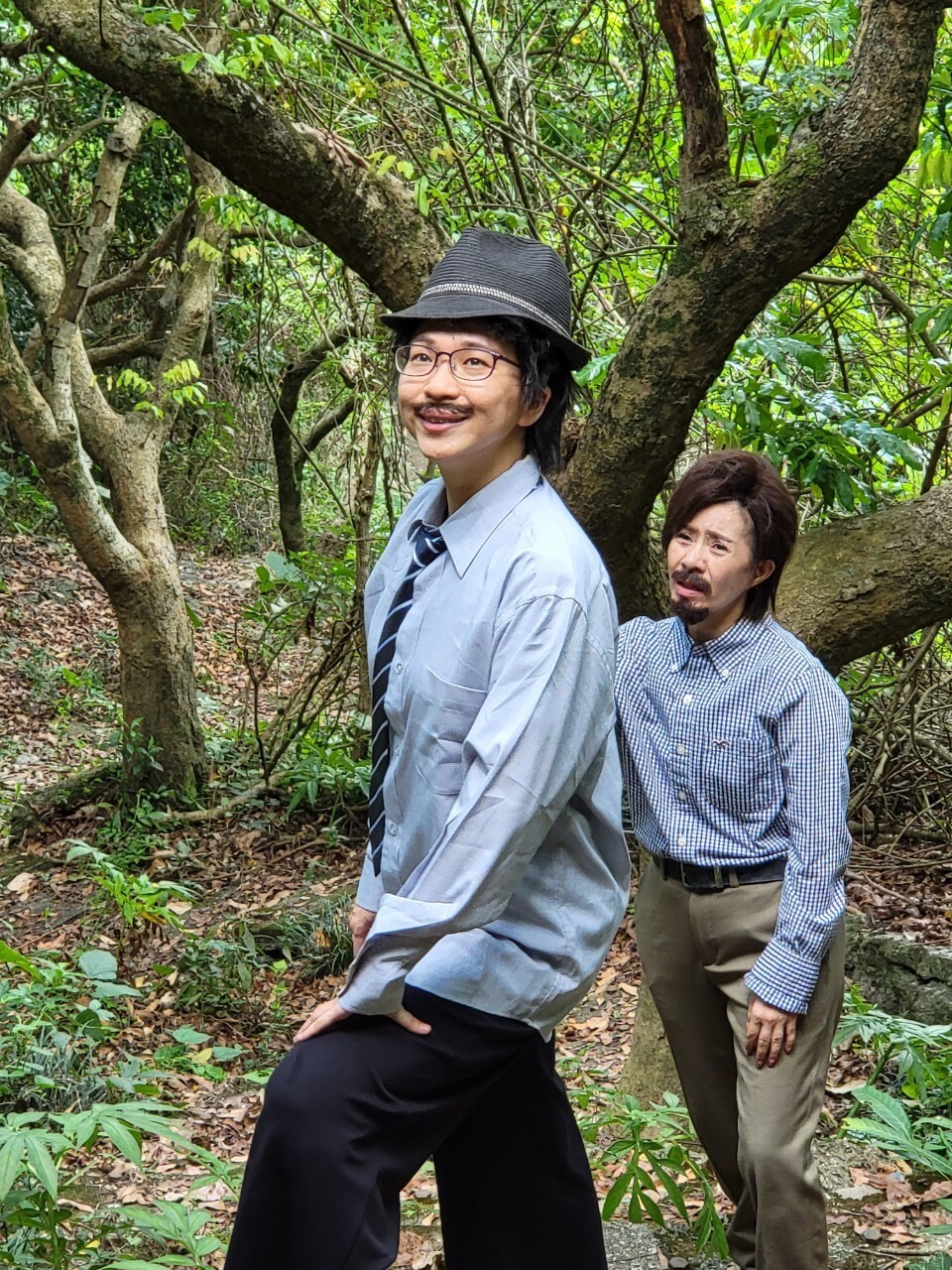
The course "Theatre Practices" at NCKU links to the creation of environmental theater along the cultural pathways of Taiwan. On July 6th, they went to perform on-site in the Mukeng Community of Neimen District, Kaohsiung City.
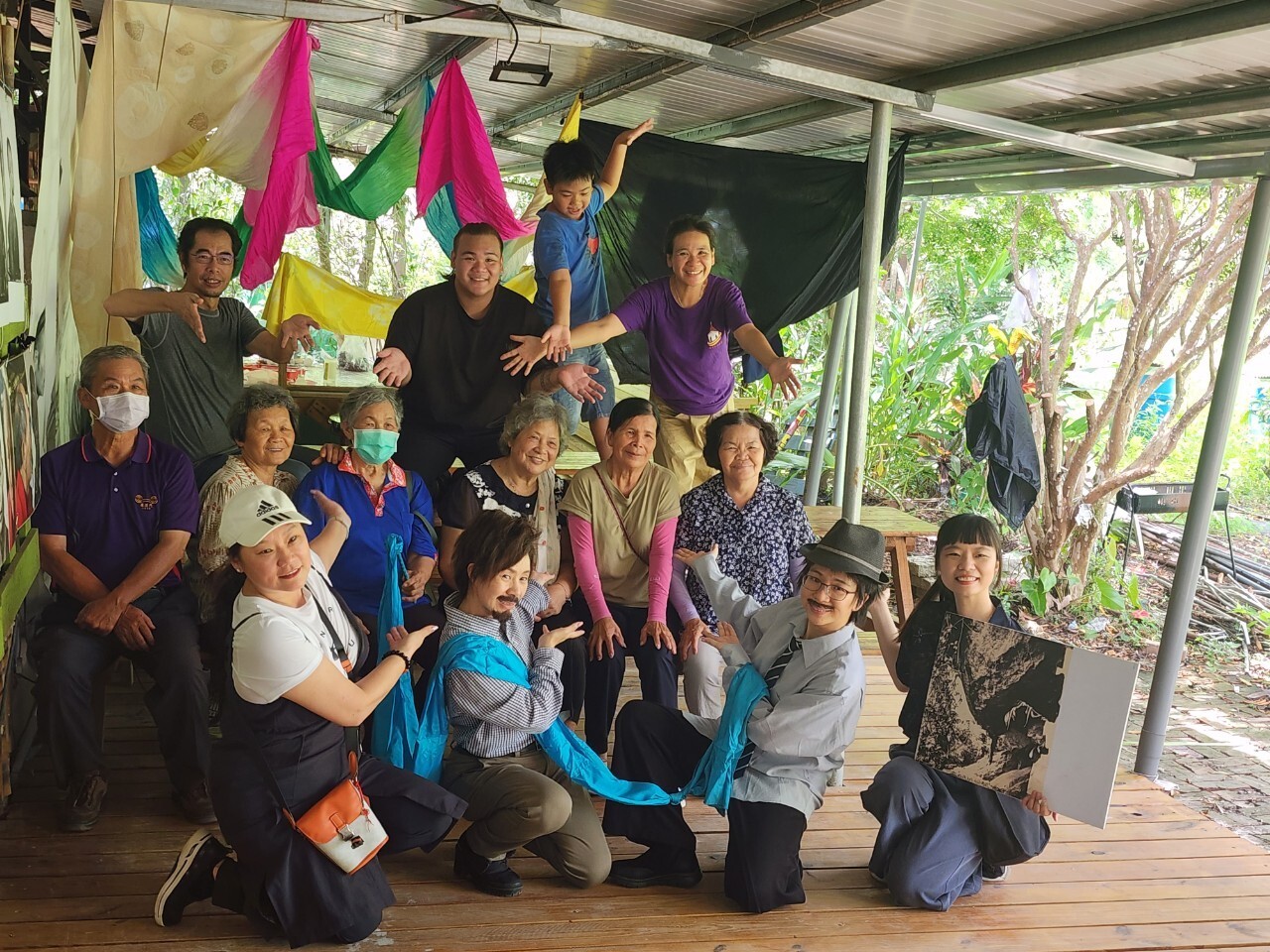
Students and faculty from NCKU collaborated with the Mukeng Happy Farm in Kaohsiung to stage "Journey Through Mukeng Cliff," recreating the route of Thomas William May Jacob's journey from 150 years ago.
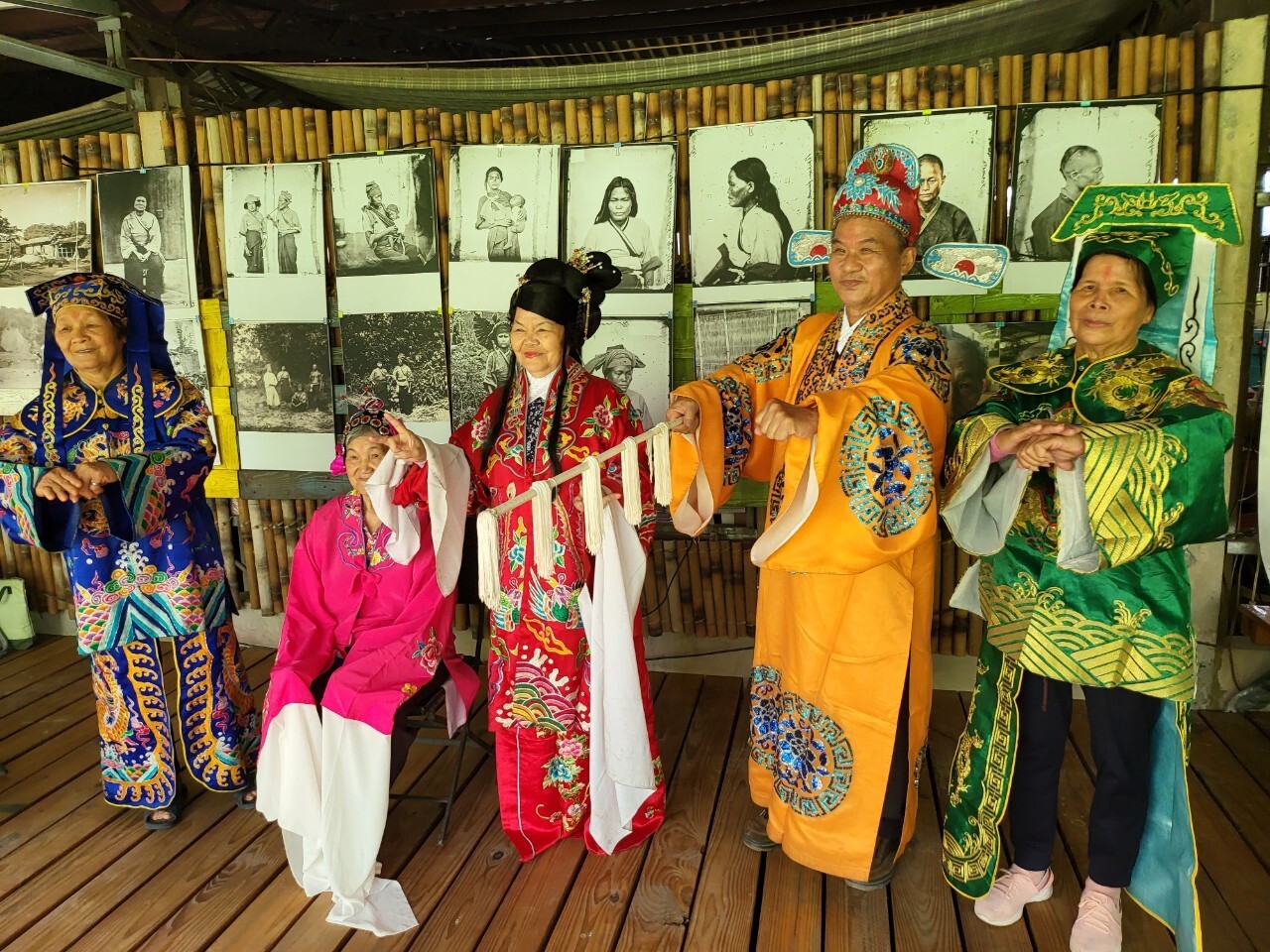
Through theater creation and interaction with local elders in the community, students from NCKU deeply realized the sense of achievement in being able to apply classroom performances to real-world situations.
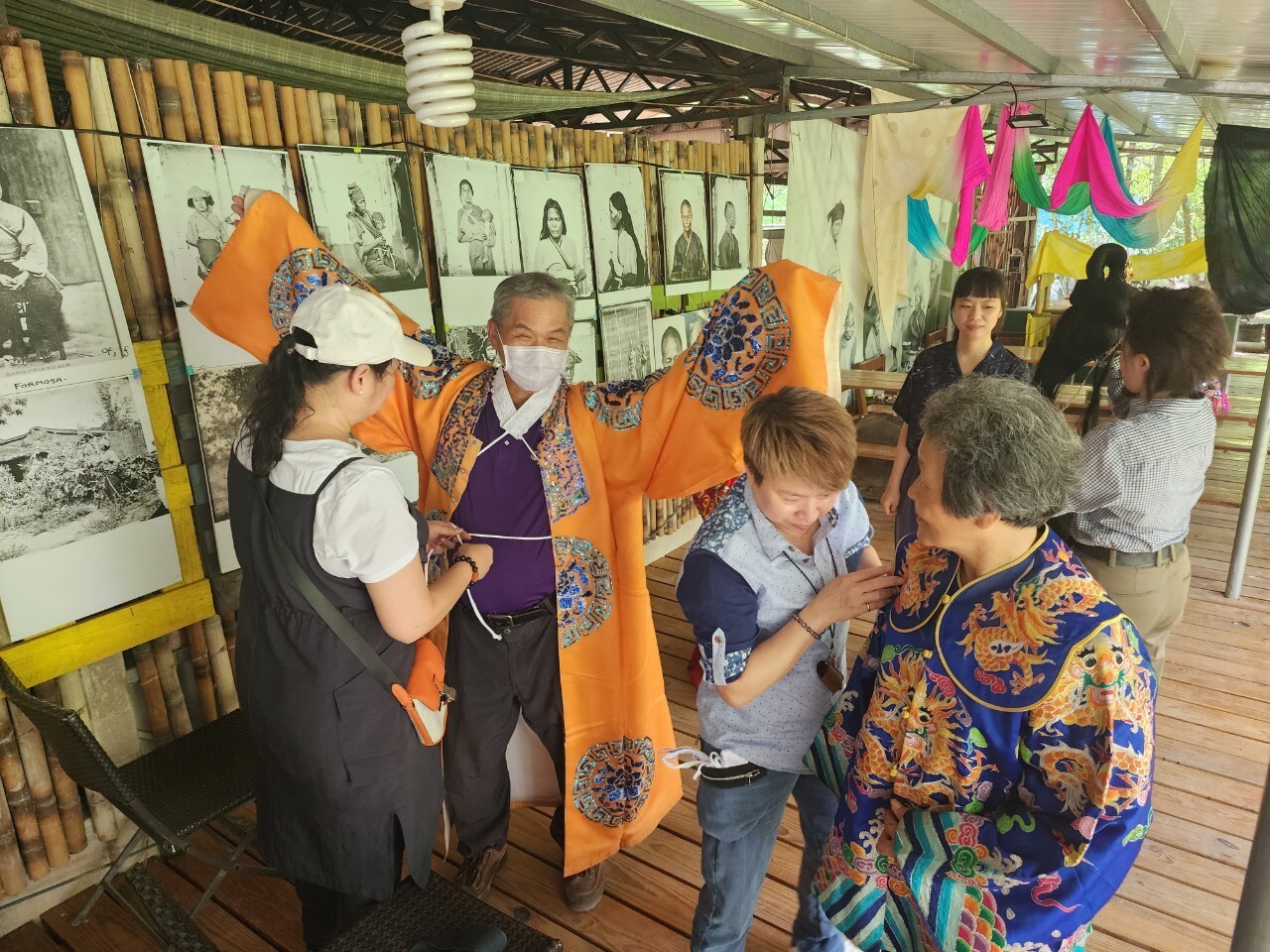
In addition to performing in the play, students and faculty from NCKU also assisted the elders in experiencing costume dressing, bringing joy and laughter to the elderly.
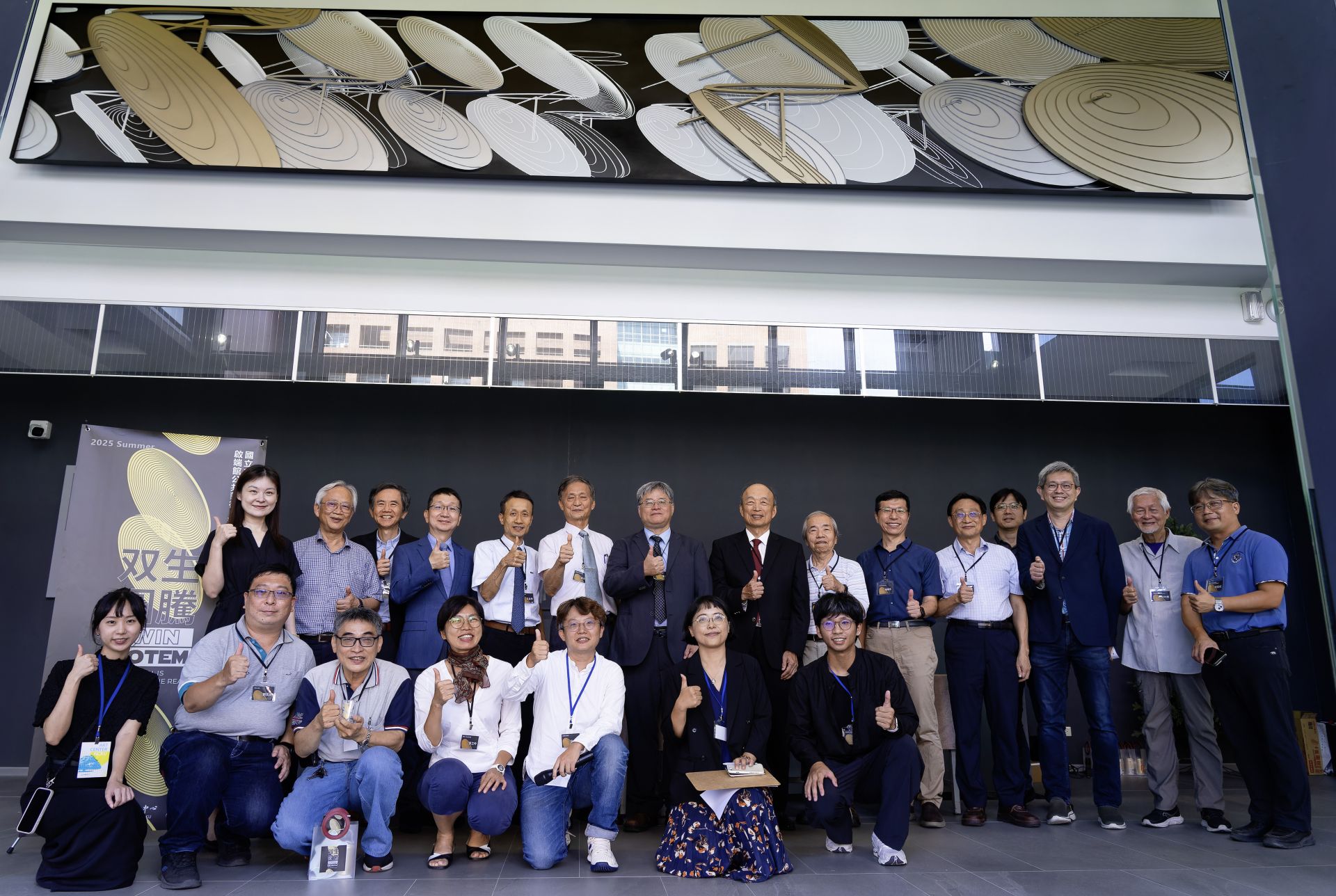
SDG11NCKU’s Academy of Innovative Semiconductor and Sustainable Manufacturing Unveils Public Art Installation “Twin Totem”
View more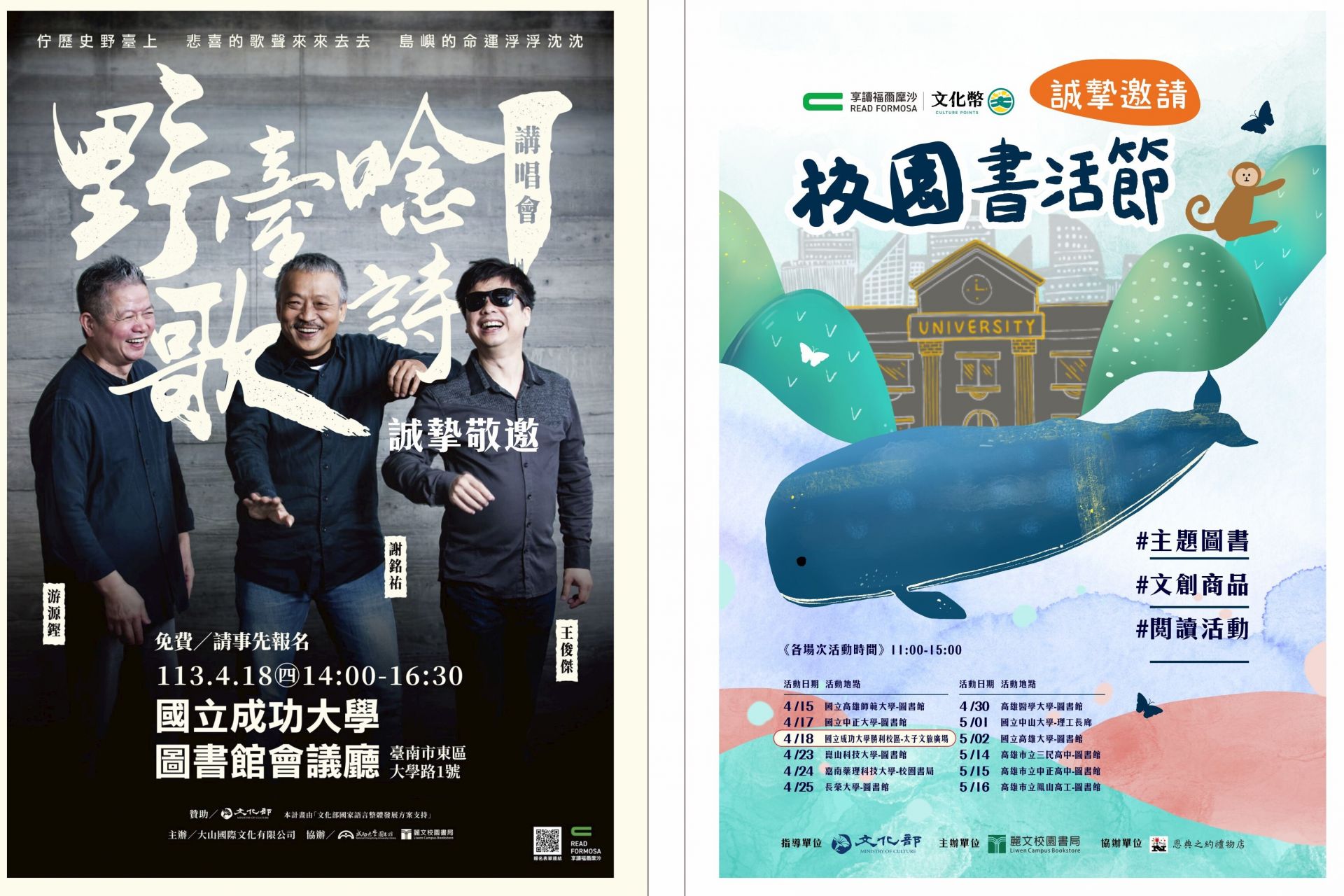
SDG11"Liwen Campus Bookstore" NCKU Campus Book Festival Held on the 18th, Featuring Multiple Activities.
View more